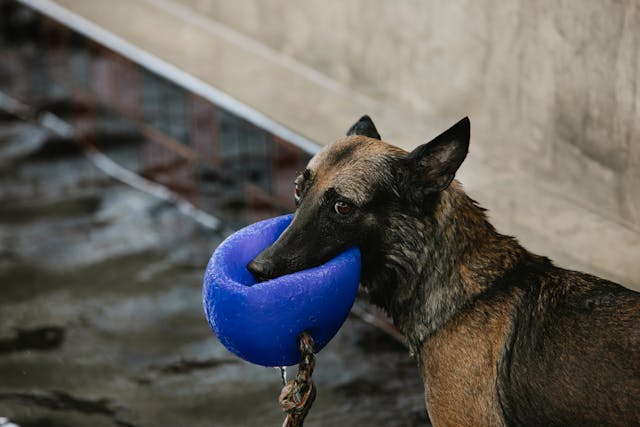Dogs are often referred to as man's best friend, cherished for their loyalty, companionship, and playful demeanor. However, like any animal, dogs can pose risks, especially regarding bites. While the immediate concern with a dog bite is typically the physical injury it causes, many people wonder: can you get sick from a dog bite? The short answer is yes, but let's delve deeper into the potential health risks associated with dog bites and how to minimize them.
Understanding the Risks:
Bacterial Infections:
One of the primary concerns after a dog bite is the risk of bacterial infection. A dog's mouth contains numerous bacteria, some of which can be harmful to humans. The most common bacterial infections resulting from dog bites include:
Pasteurella: Pasteurella multocida is a bacterium commonly found in the mouths of dogs and cats. It often leads to localized skin infections but can occasionally cause more severe complications like cellulitis or osteomyelitis.
Staphylococcus and Streptococcus: These bacteria are also commonly present in a dog's mouth and can lead to skin and soft tissue infections if introduced through a bite wound.
Capnocytophaga: While rare, this bacterium found in the mouths of dogs and cats can cause severe infections, particularly in individuals with weakened immune systems.
Viral Infections:
In addition to bacterial infections, certain viral infections can also be transmitted through dog bites. The most notable viral infection is rabies, which is a serious and potentially fatal condition if left untreated. While rabies in domestic dogs is relatively rare in many regions due to vaccination programs, it remains a significant concern in areas where the disease is endemic or in cases involving stray or unvaccinated dogs.
Minimizing the Risks
Prompt Wound Care:
The first and most crucial step in minimizing the risk of infection after a dog bite is prompt wound care. Immediately wash the wound with soap and water for several minutes to thoroughly clean it. Irrigate the wound with a mild antiseptic solution if available.
Seek Medical Attention:
Even if the wound seems minor, it’s essential to seek medical attention after a dog bite, particularly if:
- The wound is deep or puncture-like.
- The bleeding is severe and difficult to control.
- There are signs of infection such as redness, swelling, warmth, or drainage.
- The dog’s vaccination status is unknown, or rabies is a concern.
Antibiotics:
Depending on the severity of the bite and the risk of infection, a healthcare provider may prescribe antibiotics to prevent or treat bacterial infections. It’s crucial to complete the full course of antibiotics as prescribed, even if the wound appears to be healing well.
Rabies Vaccination:
If there is any concern about rabies transmission, healthcare providers may recommend post-exposure prophylaxis (PEP), which includes a series of rabies vaccinations. This is particularly important if the dog’s vaccination status is unknown, or if rabies is prevalent in the area.
Tetanus Vaccination:
Additionally, ensure that your tetanus vaccination is up-to-date, especially if it has been more than five years since your last booster shot. Tetanus is caused by a bacterium commonly found in soil, and dog bites, particularly those that puncture the skin, can introduce the bacteria into the body.
While the risk of getting sick from a dog bite is real, prompt wound care and appropriate medical attention can significantly minimize these risks. However, prevention remains the best approach to avoid dog bites altogether. Educating yourself and others about dog behavior, proper interaction with dogs, and recognizing signs of aggression can help prevent situations that may lead to bites.
If you or someone you know experiences a dog bite, take it seriously and seek medical attention promptly. By taking proactive measures, you can protect yourself from potential infections and ensure a speedy recovery. The personal injury lawyers in Virginia Beach remind us that responsible pet ownership and community vaccination programs play a crucial role in reducing the incidence of dog bites and associated health risks for humans and animals alike.




